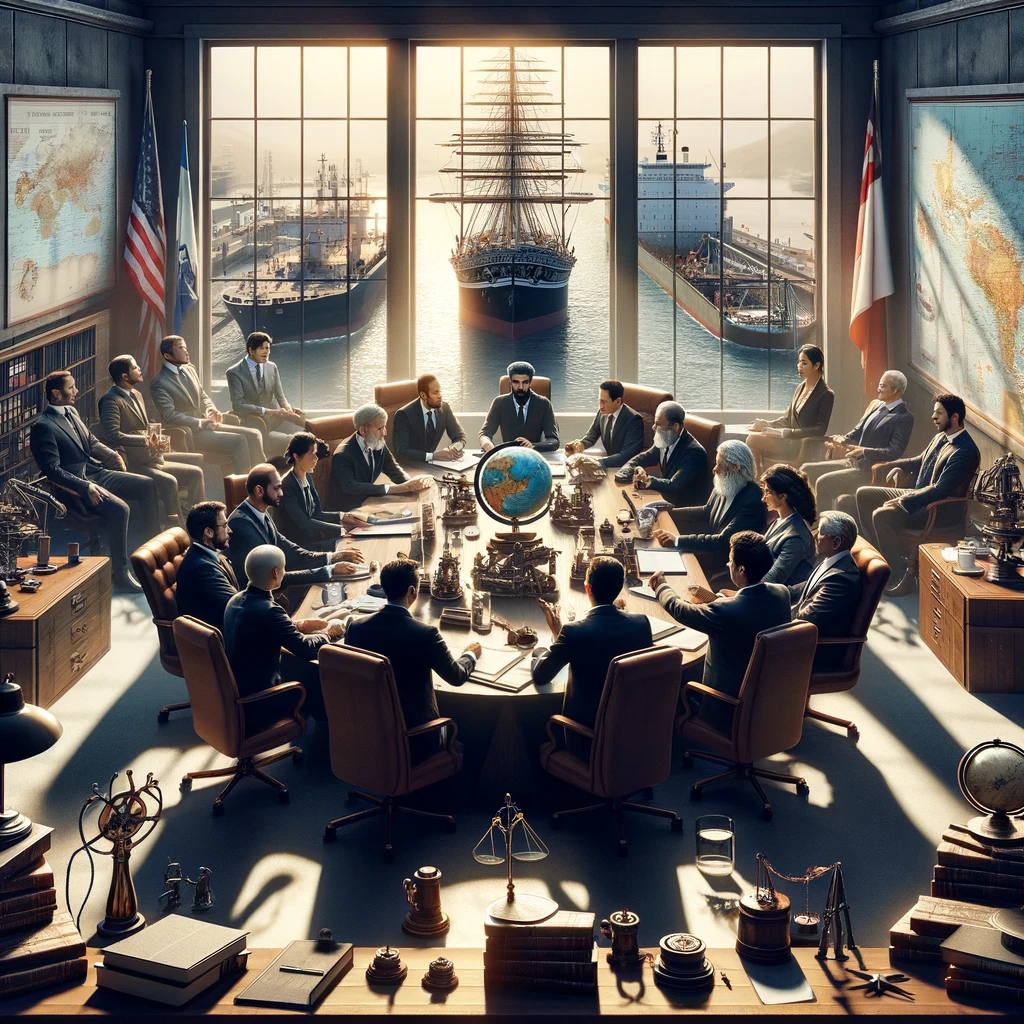Maritime dispute resolution is not just about laws, regulations, and technology. It’s fundamentally a process driven by people.

We explore the crucial role of human factors in the resolution of maritime disputes and the importance of interpersonal skills, ethics, and professional development in this field.
Maritime Lawyers and Mediators
The legal professionals who specialize in maritime dispute resolution play a pivotal role. They must possess a deep understanding of maritime law and practices, but also excellent negotiation skills. The ability to find common ground and facilitate cooperation among parties is paramount.
Arbitrators and Neutrals
Arbitrators, who serve as neutral third parties in dispute resolution, need to be well-versed in maritime matters. Their reputation for impartiality and integrity is essential for gaining the trust of all parties involved. The human element of trust is a critical foundation for the arbitration process.
Emotional Intelligence
Emotional intelligence is increasingly recognized as a valuable skill in dispute resolution. Understanding and managing emotions, both one’s own and those of the parties involved, can be the key to de-escalating tense situations and fostering collaboration.
Professional Codes of Ethics
Ethical conduct is non-negotiable in maritime dispute resolution. Professionals in this field are often bound by specific codes of ethics that emphasize fairness, impartiality, and confidentiality. These ethical standards are not just legal requirements but also serve to maintain the integrity of the process.
Continuous Professional Development
The maritime industry is constantly evolving, and so is the field of dispute resolution. Professionals in this area must engage in continuous learning and development to stay updated on legal changes, technological advancements, and emerging best practices.
Cultural Sensitivity
Maritime disputes often involve parties from diverse cultural backgrounds. Understanding and respecting these cultural differences is vital for effective communication and resolution. Professionals who are culturally sensitive can build trust and rapport more easily.
The Role of Mediation
Mediation, as a collaborative approach to dispute resolution, places a strong emphasis on the human element. Mediators facilitate open communication, helping parties to express their concerns and interests while guiding them toward mutually acceptable solutions.
